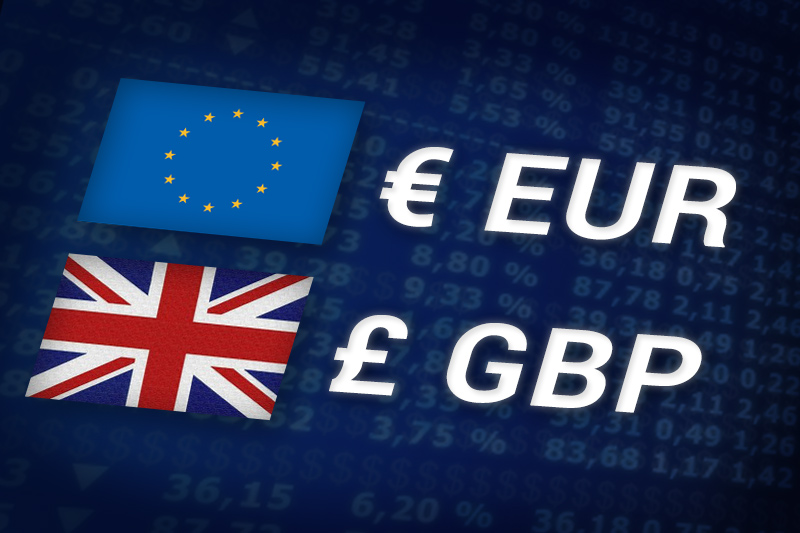Investing.com - The euro was higher against the pound on Tuesday, but gains were limited as investors remained wary of pushing the single currency too high, despite Greece managing to secure a second bailout package.
EUR/GBP hit 0.8384 during European morning trade, the pair’s highest since February 15; the pair subsequently consolidated at 0.8370, gaining 0.20%.
The pair was likely to find support at 0.8309, Monday’s low and resistance at 0.8401, the high of February 15.
Euro zone finance ministers agreed the details of a EUR130 billion financial package for Greece, which will reduce the country’s debt to 120.5% of gross domestic product by 2020, while the rate of the original bailout loan is to be reduced.
Private-sector creditors also agreed to take a write-down on their bonds of 53.5%, more than the 50% write-down that had been conceded before the meeting, which is expected to cut Greece's debt by EUR107 billion.
But investors remained wary amid concerns over Greece’s ability to implement the terms of the package.
Meanwhile, the Troika, which is composed of the European Union, European Central Bank and the International Monetary Fund, said in its latest report on Greece's debt sustainability that "additional debt relief" will be required in the future.
The euro was almost unchanged against the U.S. dollar, with EUR/USD dipping 0.04% to hit 1.3236.
Also Tuesday, official data showed that U.K. public finances recorded their largest monthly surplus since January 2008 last month.
Public sector net borrowing or the difference in value between public spending and income swung to a surplus of GBP10.7 billion in January, from a deficit of GBP11.1 billion the previous month.
EUR/GBP hit 0.8384 during European morning trade, the pair’s highest since February 15; the pair subsequently consolidated at 0.8370, gaining 0.20%.
The pair was likely to find support at 0.8309, Monday’s low and resistance at 0.8401, the high of February 15.
Euro zone finance ministers agreed the details of a EUR130 billion financial package for Greece, which will reduce the country’s debt to 120.5% of gross domestic product by 2020, while the rate of the original bailout loan is to be reduced.
Private-sector creditors also agreed to take a write-down on their bonds of 53.5%, more than the 50% write-down that had been conceded before the meeting, which is expected to cut Greece's debt by EUR107 billion.
But investors remained wary amid concerns over Greece’s ability to implement the terms of the package.
Meanwhile, the Troika, which is composed of the European Union, European Central Bank and the International Monetary Fund, said in its latest report on Greece's debt sustainability that "additional debt relief" will be required in the future.
The euro was almost unchanged against the U.S. dollar, with EUR/USD dipping 0.04% to hit 1.3236.
Also Tuesday, official data showed that U.K. public finances recorded their largest monthly surplus since January 2008 last month.
Public sector net borrowing or the difference in value between public spending and income swung to a surplus of GBP10.7 billion in January, from a deficit of GBP11.1 billion the previous month.
